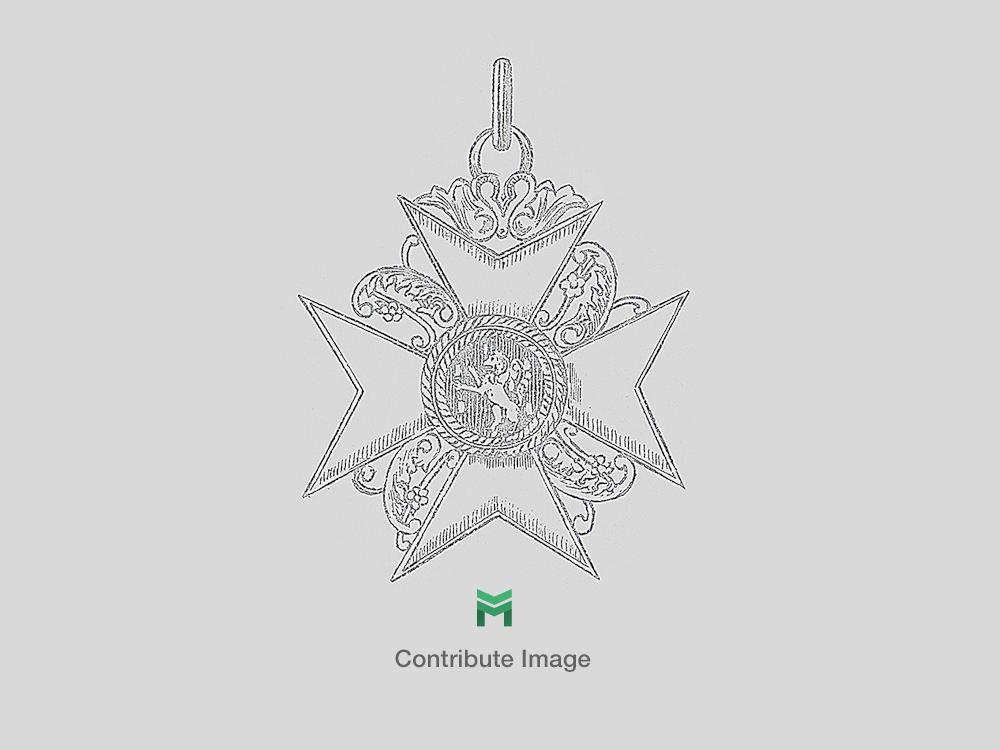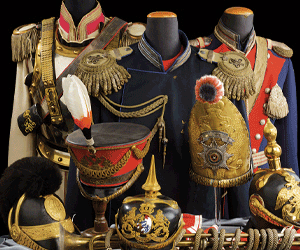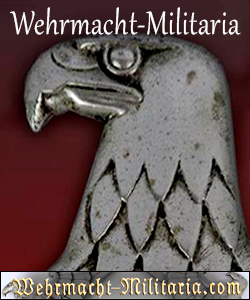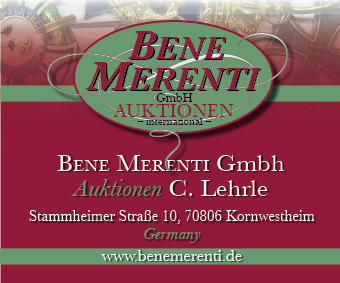Clasp to the Iron Cross I Class, Type II, by Steinhauer & Lück
SKU: 01.GTR.0101.110.11
Estimated market value:

Estimated market value:
Attributes
History
The Clasp to the Iron Cross I. Class (Spange zum Eisernen Kreuz I. Klasse) was instituted by Adolf Hitler on September 1, 1939, as part of the renewed Order of the Iron Cross. The Clasp was awarded to military personnel who had won the I Class Iron Cross during the First World War and received the award for a second time during the Second World War.
The clasp features an eagle with a wingspan of around 45mm and a height of around 30mm. The eagle is attached to a trapezoid-shaped frame with the inscription “1939”. Early examples of the clasp were produced with a trapezoid frame with concave sides. The early versions are referred to as Type I. Type II Clasps have straight sides on the frame. The clasps were die-struck out of a variety of different materials, including zinc, tombac, nickel-silver, and war metal. The type of material used is dependent on the year the clasp was produced. The clasps were never die-cast and buyers should be wary of die-cast reproductions.
The fastening device on the reverse is a hinged vertical pin, which is usually flat and wide. However, the firm of Wilhelm Deumer offered a variant with a needle pin fitting. There are also rare examples of the clasp that feature a screwback fastening device. The screwback version was approved by the LDO and was a private-purchase item.
If a clasp features a maker’s mark, it will be positioned centrally on the reverse. The maker’s marks were always stamped inside of a mortise. Each manufacturing firm was allocated a code number to indicate which decoration they had produced. Official award pieces were regulated by the Präsidialkanzlei, and pieces intended for private purchase were regulated by the LDO. LDO pieces were generally stamped with a maker’s code that had an ‘L’ prefix, with or without a slash (ex: L or L/), while Präsidialkanzlei items were stamped with numbers without an ‘L’ prefix.
There is also a “one-piece” variation that features a I Class Spange soldered to the top of a 1914 Iron Cross I Class. These variations were privately manufactured for commercial sale and are quite rare today. Individuals would have local jewellers solder their two awards together or they would purchase prefabricated awards. If the award was prefabricated, the 1914 Iron Cross would be an LDO replacement that featured an LDO “L” number. The two awards would be cleanly attached together and would not require a backing plate. These prefabricated variants do not feature blemishes on the reverse where the hinge and catch were ground off.
There are three main types of “one-piece” medals, including:
1) I Class Cross with I Class Clasp soldered to the upper across arm. The reverse is plain and features a reinforcing plate covering the joint where the two separate awards are attached.
2) I Class Cross and I Class Clasp sharing a single backplate and featuring an extra long pin.
3) I Class Cross and I Class Clasp sharing a single backplate, with screwback and a retaining hook.
There is photographic evidence that a cloth version of the I Class Clasp was worn during the war years, however, this version is virtually non-existent today.


Comments
Sign in to comment and reply.


Scroll Top